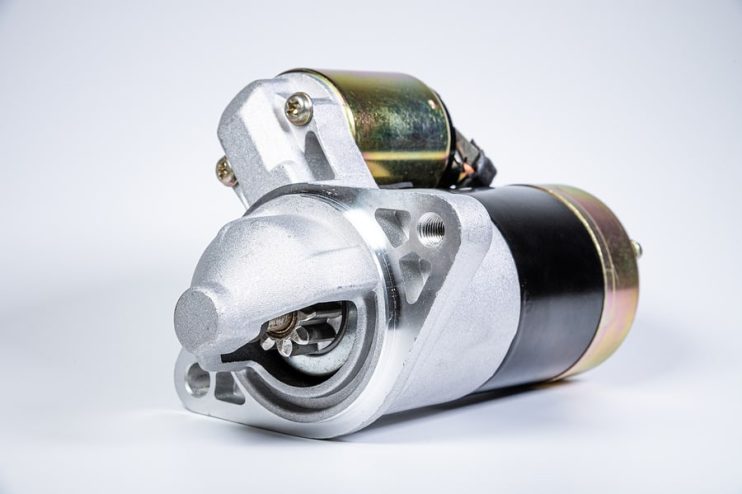
Poor maintenance will cause problems with your starter motor. However, this little powerhouse is responsible for the kinetic kick that gets your engine revving and running – and therefore suffers a tremendous amount of stress every time you twist your key in the ignition. So no matter what you do, this part will wear out over time.
The bigger and newer your car, the greater the stress on the starter motor. The longer it goes without trouble, the more likely it is to fail. Remaining aware of the following danger signs can help you avoid serious problems.
Continue reading

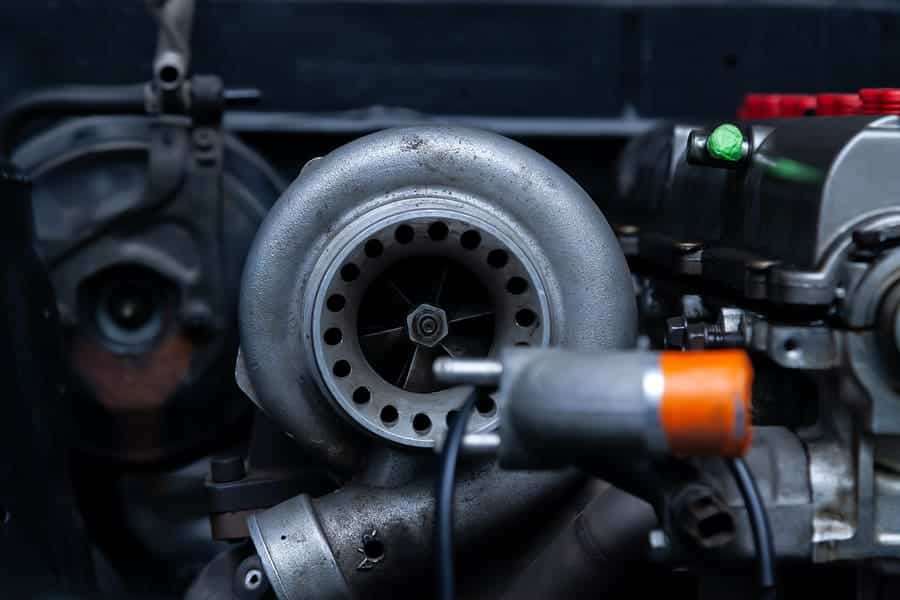
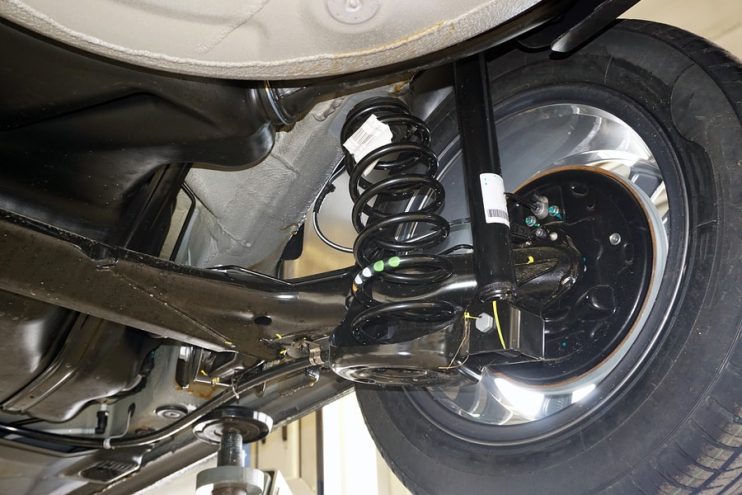
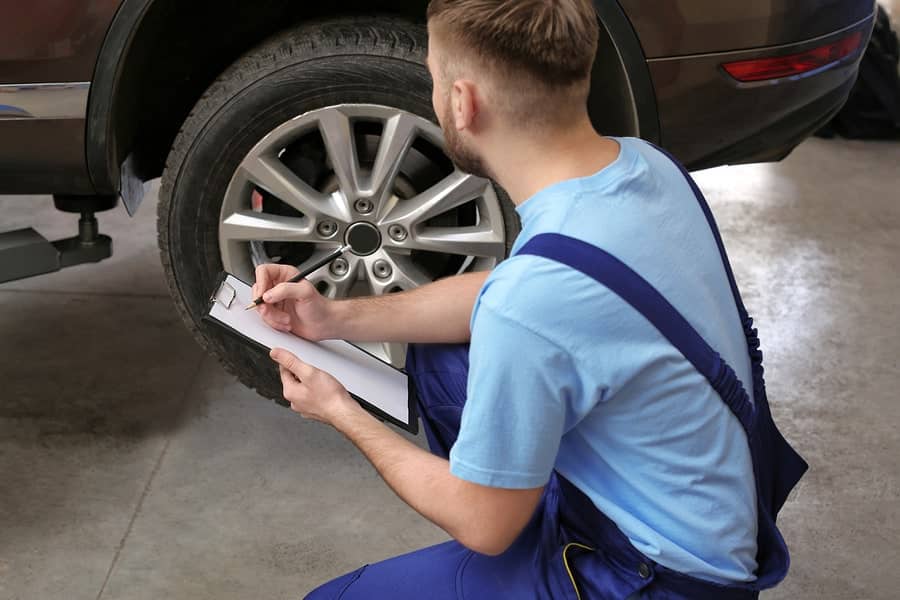
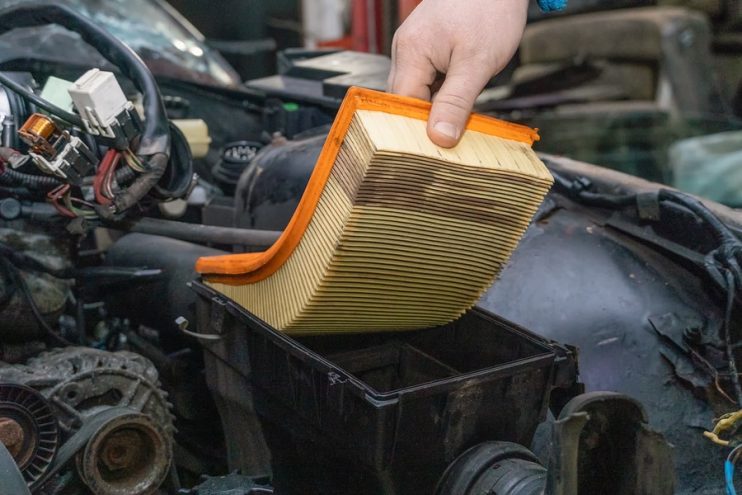
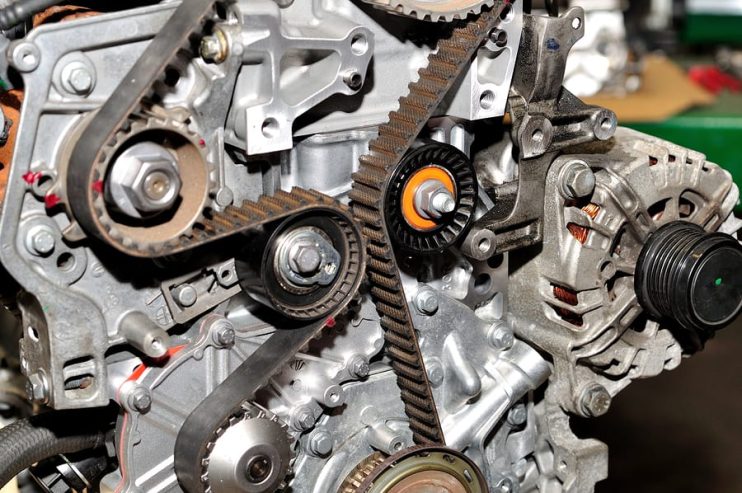
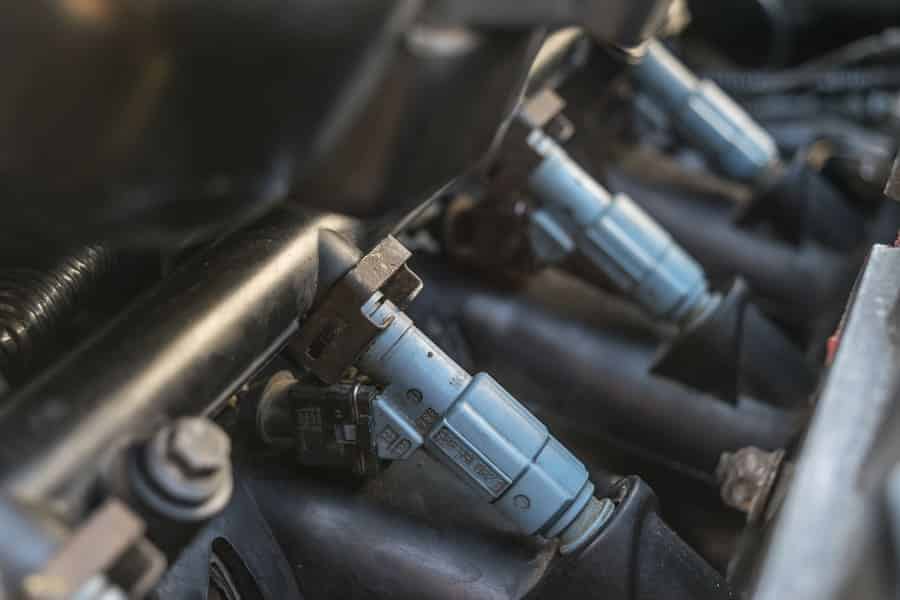

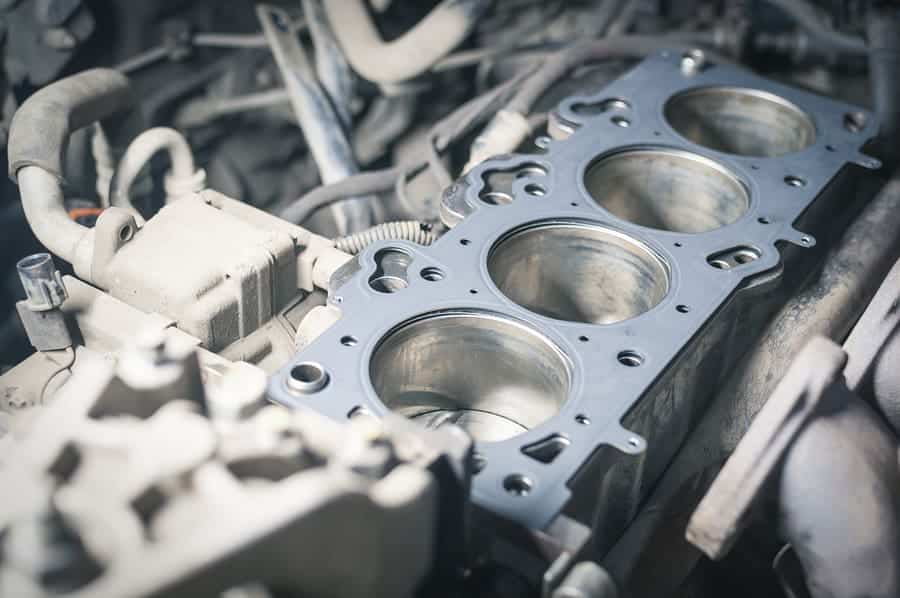
.png)